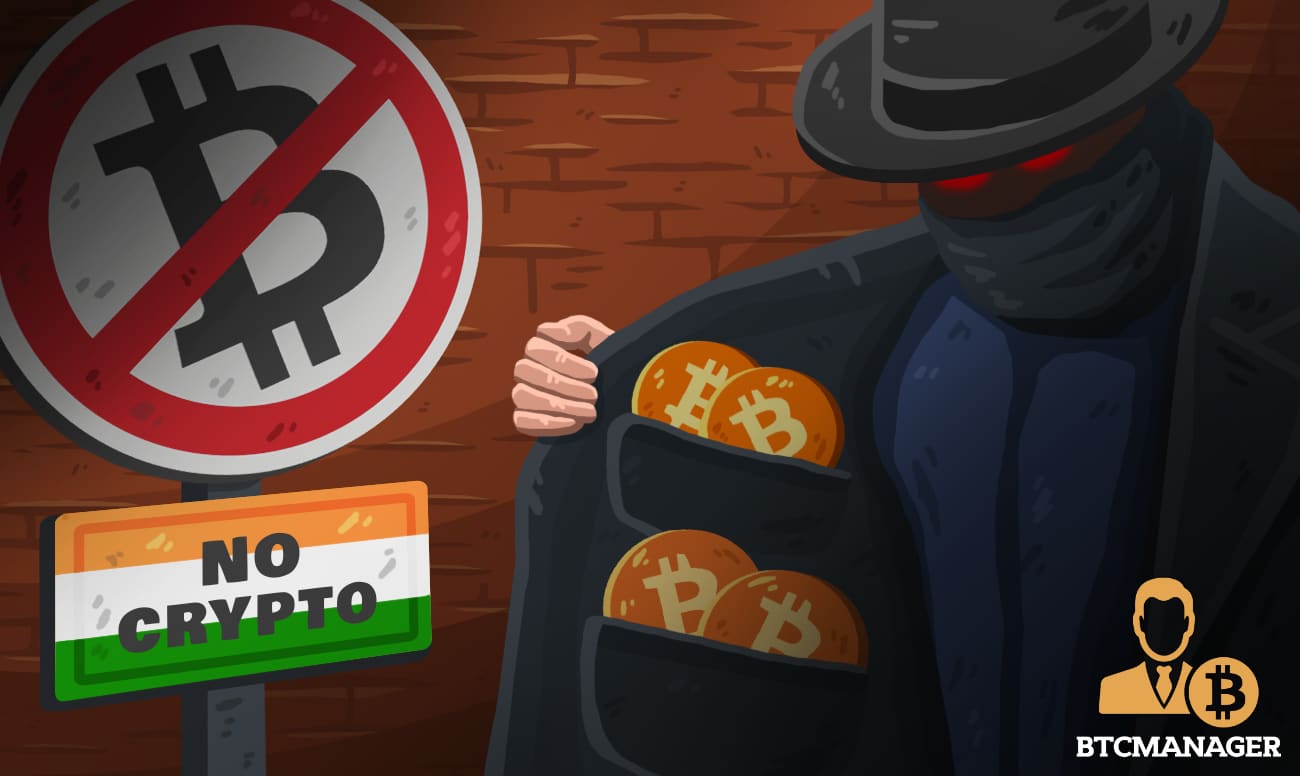Why Banning Cryptocurrency Means Nothing for Crypto, but Everything for India

Recently, a committee studying the effects of cryptocurrency and distributed ledgers in India recommended an outright ban on all cryptocurrencies. The committee was headed by the Secretary of Economic Affairs, Subhash Chandra Garg. While a sensitive agenda for regulators on a global scale, trying to ban a non-sovereign asset that was specifically built to be censorship-resistant will not bode well for the country. BTCManager dives into the intricacies of the decision and the repercussions of attempting a blanket ban.
A Thriving Market Meets an Archaic Government
India is known to the entire world as a nation with excellent human resources who have driven innovation in every sphere of industry. From Aryabhatta to Satya Nadella, Indian’s have emerged as a superpower in the arena of mathematics and computing. So why is that a country with such bright minds is still a developing nation with 22 percent of the population living in poverty and 6.5 percent of the workforce unemployed?
Cryptocurrency is helping humans flip to a new paradigm; with the advent of decentralized governance, more power returns to the hands of the people. Government’s across the world are finding it difficult to accept that their citizens may be able to take their own decisions, and this issue is amplified in India’s current societal climate.
There are several things wrong with the proposal to ban cryptocurrencies from the working committee: public ledgers with transparent records being regarded as “private” and the proposed jail term for repeat violations are just a few that instantly come to mind. In the grand scheme of things, three main issues with this proposal can cause the country to greatly suffer.
https://twitter.com/APompliano/status/1153325842346496000
Bitcoin Can’t Actually be ‘Banned’
Not a single name on this committee was an expert in technology, cryptography, or even had a basic underlying knowledge of cryptocurrencies – which is quite evident from the draft bill. The fact that the committee believes they can ban decentralized networks like Bitcoin shows their basic ignorance.
Bitcoin was born out of the Great Recession of 2008 – and specifically so that people didn’t have to submit to the will of authority. On ramps and off-ramps to cryptocurrency can be regulated. Bitcoin can be banned from being converted to fiat currency, but this is the extent of regulation. Using CoinJoin and other privacy enhancement tools, users can evade the government’s eyes.
Instead of shunning cryptocurrency with a ban, positive regulation that enforces a strict watch over the asset class along with necessary taxation will allow people in the country to take advantage of a growing market with vast opportunity. The money laundering narrative is proven bogus as cash or banknotes are the most popular form of money for illicit activities. Narrowing cryptocurrency use down to illegitimate use simply because a tiny portion is used to run online dark markets is nothing short of handpicking data to fit an agenda.
The Government Will Enable Thriving Black Markets
Now that it has been established that India cannot ban Bitcoin, the next step is the shift of customers from exchanges conducting best in class KYC to black markets. Nischal Shetty is the co-founder of WazirX, India’s largest cryptocurrency exchange, and he believes that a ban will force users to flock to black markets, thereby increasing the liquidity in said black market and adding to India’s existing problem with illicit wealth.
Liquidity in black markets today is incredibly low in India. This is because exchanges like WazirX provide a positive experience for users over shady online markets. This further enhances the narrative that reasonable regulation will lead to widespread acceptance and willingness of the majority to abide by the laws.
Buying Bitcoin with money in a bank account leaves a digital trail on the Bitcoin ledger and your bank statements. Buying Bitcoin with cash notes leaves a digital trail only on the Bitcoin ledger that looks independent to the naked eye. The simple mathematics of eliminating the common factors leads us to one clear narrative: cash leaves no trail and is the best form of money for criminals and illicit activity. Unfortunately, people cannot courier cash across the globe. Darknet users are forced into using Bitcoin as it is pervasive and easy to use.
India Will Suffer Massive Brain Drain and Proves They Aren’t Ready for Innovation
In terms of development, India is only lagging behind the U.S. in the blockchain space. While the committee is bullish on the benefits of distributed ledgers, their lack of understanding once again makes its way to the center stage.
A blockchain without a token makes no sense as there is no incentive for users to be a part of the system. External incentives are possible, but this leads to a situation where trust between parties prevails. If you trust the other participants in the network anyway, you never needed a distributed ledger in the first place.
Nischal Shetty opined the following effects of a potential ban on the Indian technology sector:
“In the short term, Indian citizens will lose hundreds and thousands of millions of their hard earned money, along with loss of hundred of jobs for local developers. In the long term, there will be a massive brain drain and India will lose its blockchain and cryptocurrency expertise, leading to no crypto related work reaching India. Billions of dollars in potential investment will be lost and thousands of potential jobs will be lost. Both of these can be achieved with positive regulation.”
Day by day it becomes clearer that certain bureaucrats with a lot of skin in the current system do not want the decentralized model of currency and value storage to survive. However, the higher-ups in the government must be open to innovation for India’s long term growth.
I request the media & look up to them for help in our campaign for crypto in India. India is the only large democracy where blockchain innovation has been stifled because of bank restriction.
Tag all media outlets to the first tweet in this thread. Spread the word.
— Nischal (Shardeum) ⚡️ (@NischalShetty) July 25, 2019
The current administration is incredibly competent and has shown its ability to fundamentally support India’s economy. With the appointment of Atanu Chakraborty in place of Subhash Chandra Garg as the Secretary of Economic Affairs, Indians are hoping to appeal to him to reconsider the committee’s stance with an open mind.
https://twitter.com/NischalShetty/status/1154275263863128064















